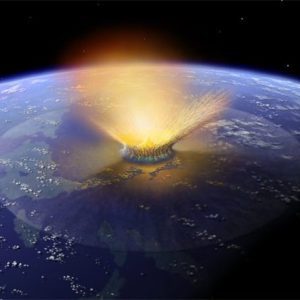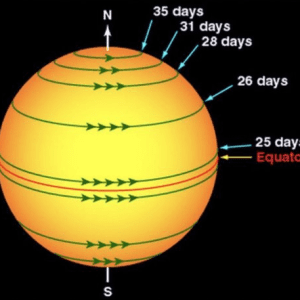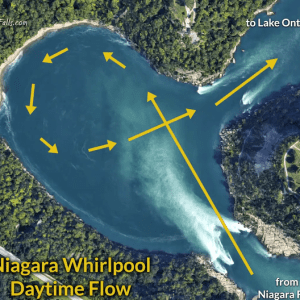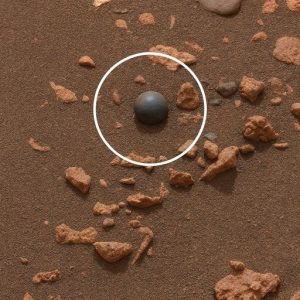
Neutron stars are made of neutronium which is neutrons packed shoulder to shoulder by intense gravity and has a density in the neighborhood of 10^17 Kg/m^3 which is about 2 billion tons per cubic inch. Compare this to a cubic inch of lead which weighs less than half a pound.
Something that incredibly dense if it stayed intact would fall to the center of the Earth crushing everything in its path.
However, a cubic inch of neutronium on Earth is not going to be stable. Neutronium is held together by the incredible gravity of a neutron star which is a sphere of neutronium between 10 and 25 km in diameter.
An isolated cubic inch is not going to have sufficient gravity to hold itself together so it would rapidly expand into a cloud of neutrons with clumps of heavy elements here and there. Free neutrons have a half life of 10.2 minutes so large numbers of these neutrons would be decaying into hydrogen atoms every second releasing Beta radiation and heat.
It would be like a huge nuclear bomb detonated for an hour rather than a second, I would not want to be standing nearby.






